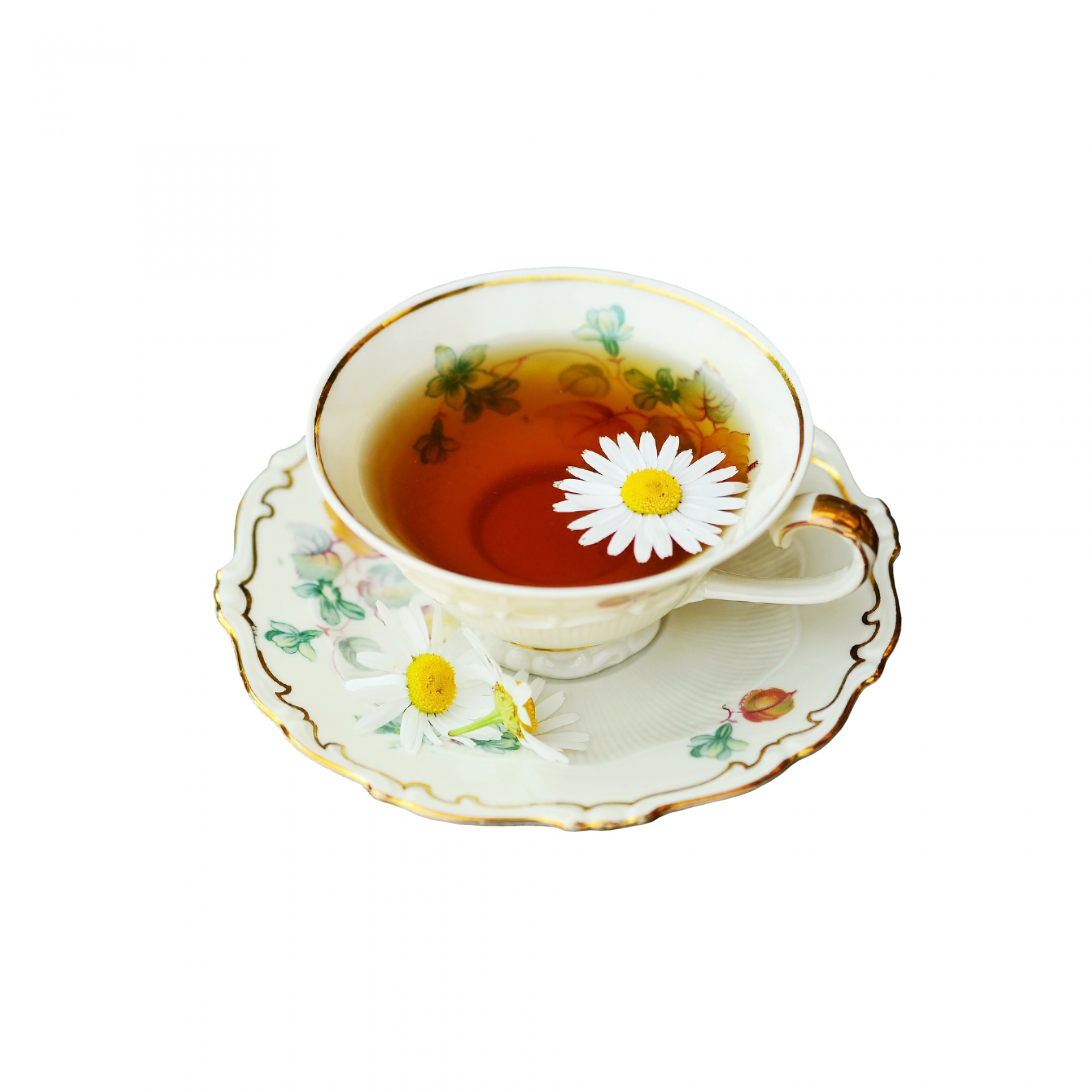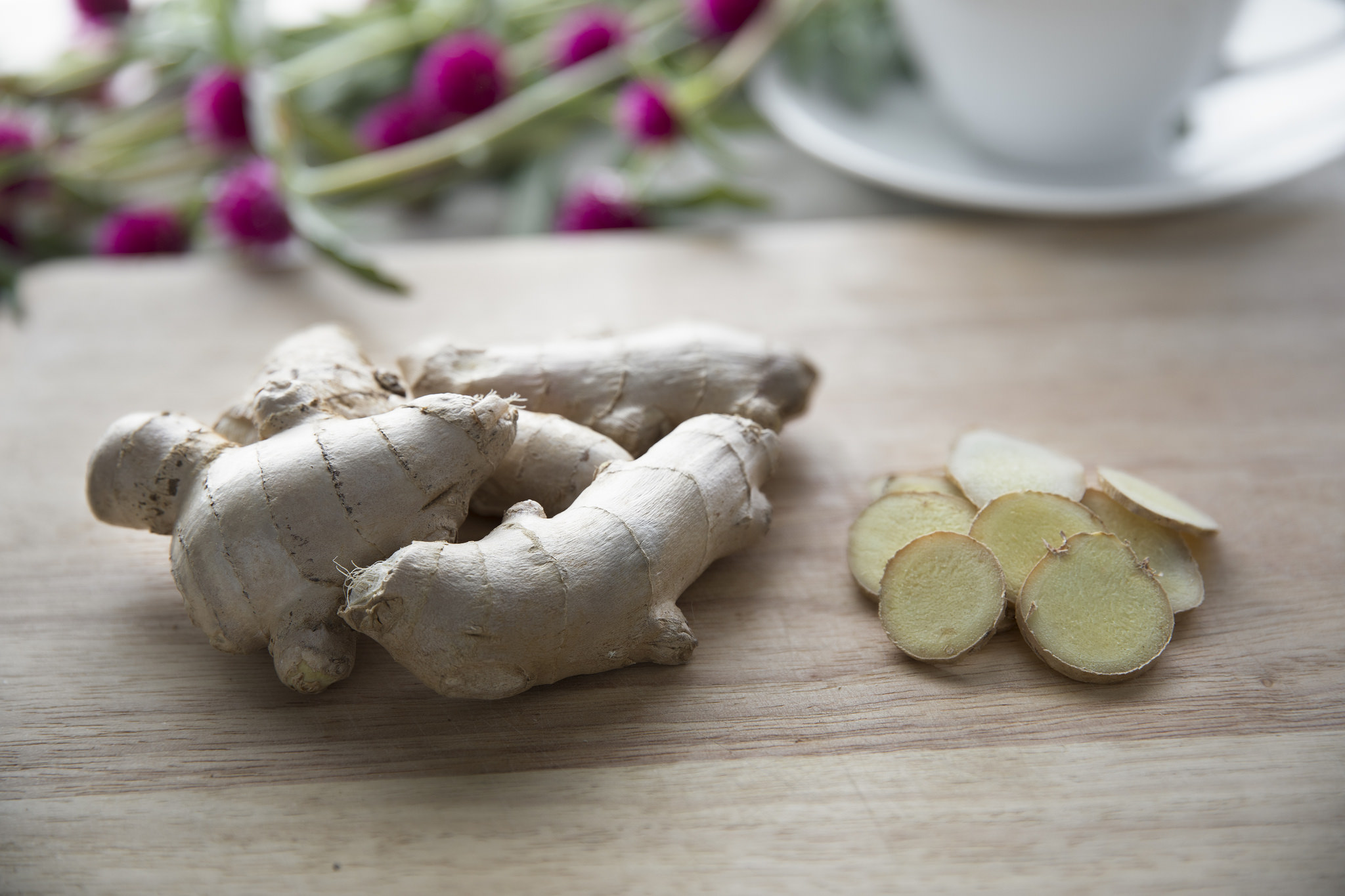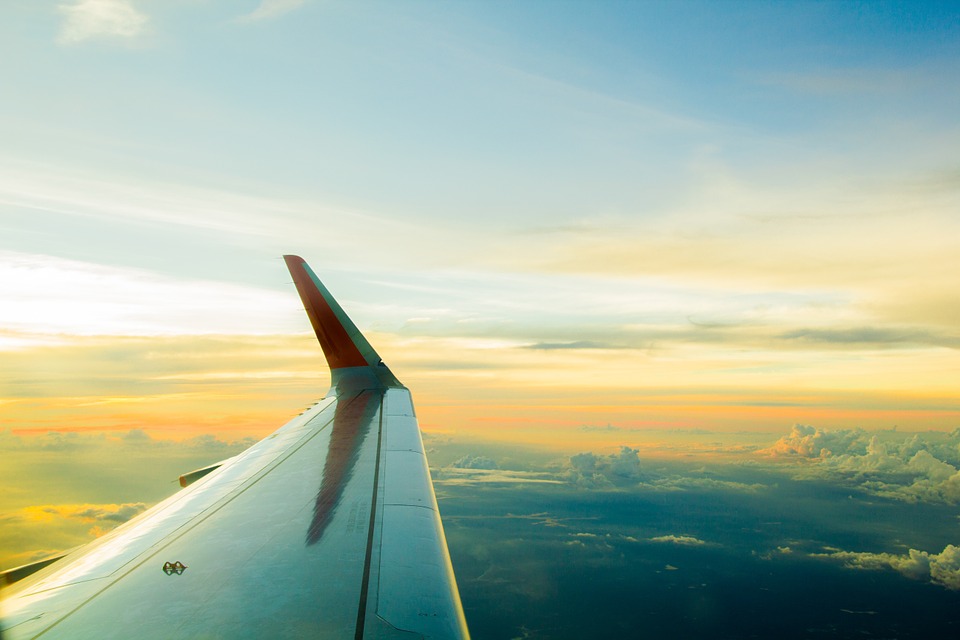Whether you find yourself schlepping back home from holiday destinations or are already looking ahead to future journeys in 2019, you’ll want to review Katharina Rock’s guide to using Ayurveda to maintain balance when traveling. You can also join Katarina for a free Ayurveda workshop on the doshas at Adeline this Friday, Janury 4, from 6:00-7:30 PM! More information can be found here.
* * *
Travel, particularly long distance travel, can be a challenge even for the most balanced person. Why is that?
Travel aggravates the Vata dosha which is the moving energy in our bodies. Vata governs the flow of blood breath, and elimination and regulates the nervous system. Vata’s main qualities are cold, dry and mobile. That is why even the most balanced traveler can all of a sudden experience constipation, anxiety and sleeping problems when the body travels faster in space then it can adjust to. Different climates, foods and changed routines further aggravate Vata.
Looking at the mobile, dry and cold qualities of Vata, we can pacify an aggravated Vata by warmth, stability, routines and moisture. The following travel tips will help with that.
Before you leave:
Plan and prepare your trip well in advance. Visualize your journey in advance, so you can be better prepared: that power adapter, that cushion, that shawl for the plane… Have your bags packed a day before leaving. Last minute rushes just add to the stresses.
Here a few things you might want to add to your carry-on luggage:
- Small bottle of rose water in a spray bottle for refreshing your face while traveling.
- Small bottle of sesame oil or nasya for your nose and ears while traveling – doubles well as a facial oil when your skin gets too dry.
- Ear plugs or noise cancelling head-sets: one of the main sites of Vata are the ears. Protect them from the noise on the road when you can.
- Extra shawl or sweater for cold planes and other overly-cold environments like conference rooms etc.
En route:
Eat light on the journey – your digestive strength most likely is reduced due to the influence of Vata, so stick to cooked foods (rather than raw foods like salads) that are grounding, moist and rich in proteins. Ensure good hydration while traveling, and stay away from anything that dries you out further: alcohol, coffee, crackers, chips, popcorn etc. Remember airplane air has about 10% humidity – you’ll dry out very fast if you don’t watch out for it. Dehydration will further aggravate Vata.
 Stay warm: since Vata is cold, pack warm clothes in layers and bring a cozy shawl so you are prepared for both the ice-cold airplane air and for some comfort when you are tired. Drink warm liquids as much as possible, but avoid caffeinated drinks.
Stay warm: since Vata is cold, pack warm clothes in layers and bring a cozy shawl so you are prepared for both the ice-cold airplane air and for some comfort when you are tired. Drink warm liquids as much as possible, but avoid caffeinated drinks.
Keep your body and especially your nose and ears well oiled while traveling and at your destination. Daily oil massages (abhyanga) will not only hydrate your tissues but protect you as well from external influences. Nasya (the application of oil in your nostril) works miracles for dryness and altitude. Use plain sesame oil or use a medicated nasya oil in which calming, grounding and warming herbs are cooked in. Put a bit of your oil as well on your pinky finger and oil the outer ear canal. No need to go deep with your finger – the oil will distribute itself. The ears are a major site of Vata – so keeping them well-oiled will balance Vata.
At your destination:
Vata is balanced with routines, so stick as much as possible to your schedule at home. Meal times, sleep, wake up times and exercise routines should be mirroring what you do at home.
Choose fresh, warming, moist foods: soups are great, so are any cooked vegetables. Basmati rice is always a good choice. While in India I usually live on rice and yoghurt plus the local veggie dishes – the rice and yoghurt will give you plenty of nutrition by itself and will moderate the spice level of the local food. Keep to easy to digest foods until your digestion has caught up with you in your destination.
When you have arrived, reconnect with the earth and give yourself a daily foot massage with warm sesame oil or walk barefoot where possible. The foot massage with warm oils about 30 minutes before bed will help you rest better, as well – as will a nice cup of sleep-promoting tea (there are various brands offering that).
Allow moments or periods of stillness: meditation, or just being aware of where you are for a few minutes a day will help keep you grounded.
 Ginger is a wonderful herb to balance Vata. It is grounding, stabilizing, and warming, therefore reducing jet lag, insomnia and digestive upsets. Consider taking it before, during, and after your travel. There are many ways to use ginger: cut some fresh ginger in slices and have it as a tea or in a bath. Ginger essential oils can be added to bath or foot bath as well. There are ginger cookies or ginger candy and there are ginger tablets, as well. Pittas need to watch the dosage as ginger can be too heating for them in excess. Vata’s and Kapha’s are good to go with any form!
Ginger is a wonderful herb to balance Vata. It is grounding, stabilizing, and warming, therefore reducing jet lag, insomnia and digestive upsets. Consider taking it before, during, and after your travel. There are many ways to use ginger: cut some fresh ginger in slices and have it as a tea or in a bath. Ginger essential oils can be added to bath or foot bath as well. There are ginger cookies or ginger candy and there are ginger tablets, as well. Pittas need to watch the dosage as ginger can be too heating for them in excess. Vata’s and Kapha’s are good to go with any form!
Cumin Coriander Fennel powder mixed in equal proportion is a great and tasty tridoshic digestive for the road (and at home). Take half a teaspoon in a cup of hot water after meals.
Melatonin is a hormone naturally produced in our bodies that regulates your circadian clock: when to sleep, when to be hungry, when to wake up. Exposure to daylight increases production, so make sure you’ll get plenty of daylight at your destination as soon as possible to adjust to the local time. You can buy Melatonin tablets to supplement and help your body adjust its body clock. Take in low dose (high dose does the opposite) and buy tablets with 1 or 2 mg. Take 5-7 mg on the first day and then reduce over the next 5 days to 1 mg. Take it about 20 minutes before you go to bed, as it will help you falling asleep and staying asleep. Don’t take it at 4:00 in the morning – you will be sleepy by the time you are supposed to get up. Melatonin will be naturally reduced in your blood with the daylight.
Finally, let’s talk jet lag: Wide awake and raging hungry at 2:00 am? Make sure you have some food with you as well as some water or tea bags before you go to bed the first night. I survived many early mornings on Larabars. And remember, we go to bed to rest, not to sleep. Stay in bed as long as you can, do some alternate nostril breathing or meditation, keep the lights off and rest – as long as you can. If impossible – have your snacks, make a cup of tea and enjoy the “added” time in the day for some yoga, some journaling, some long abhyanga, or watching the sunrise. There is no need to get anxious or upset; we can do for a short while with less sleep. It is said that your body needs one day to adjust for each hour of time difference. Give yourself some slack, in a few days you will sleep again through the night.
Bon voyage!
* * *


